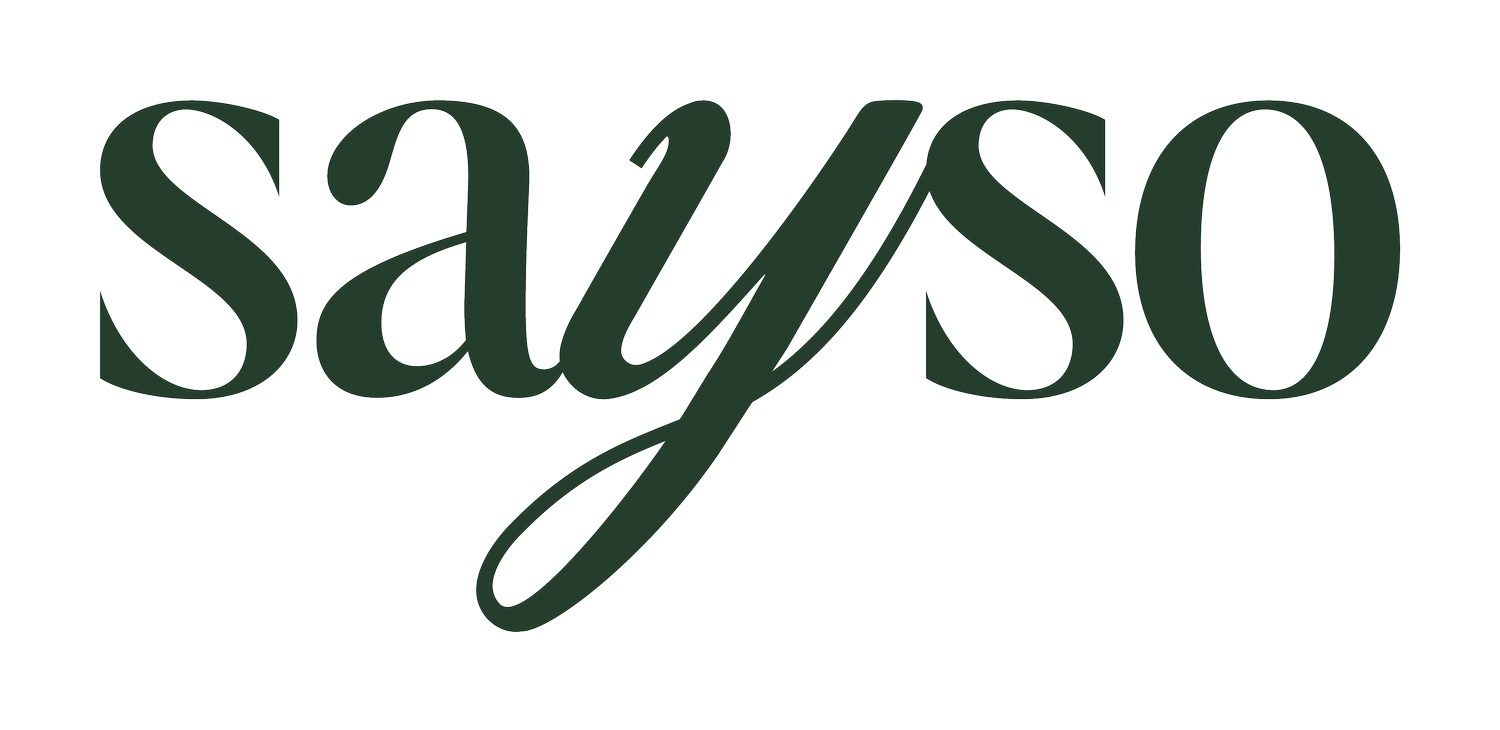RICHIE HARDCORE
Keynote Speaker · Panelist · MC · Workshop Facilitator · Media Commentator · Brand Ambassador · Consultant
Richie Hardcore is a highly regarded public speaker, consultant, educator and advocate.
After a career in Muay Thai spanning 20 years, Richie left the ring to be a campaigner for social change, although he is still involved with the sport as a fight coach and personal trainer, running a gym in Auckland.
Richie regularly speaks to school groups, parents and corporates. His work discusses masculinity, mental health, social media, pornography, sex and consent and how we can end sexual and domestic violence. While the topics he discusses are serious, he talks about them in a relatable and digestible way.
He has a Masters degree in Sociology, is a White Ribbon New Zealand ambassador, and is part of the New Zealand Ministry of Social Development’s ‘Change is Possible’ anti-domestic violence campaign.
His work has been featured extensively in media in Australia and New Zealand, and he is regularly called up to give commentary on social issues. Through his charitable trust, he uses Muay Thai and Kickboxing as part of a mentoring program for people who have left the criminal justice system, youth who are in alternative education and groups in alcohol and drug rehabilitation.
Always making an effort to keep the PMA (Positive Mental Attitude), Richie’s day to day goal is to do and give his best, leaving the world a slightly better, healthier and happier place, than when he woke up.
GET TO KNOW RICHIE
-
My experience of depression has always been situational, a response to trauma that’s happened as an adult. My anxiety and depression first probably appeared in my early 20s, but I didn’t recognize it as such. Looking back, that’s definitely what you’d diagnose it as today. It came back in my 30s after some painful life experiences, and again I wasn’t really aware of what I was experiencing until experts pointed it out.
Learning is often retrospective I guess. Long periods of consistently low mood are called dysthymia, or persistent depressive disorder, and I lived with that for a long time. I got better but then life hit me with some painful events and I went through a period of chronic depression, but I’ve come through that and life feels fresh and amazing again. The early coping mechanisms I had in place proved to be really effective and I leant on them a lot; running, consistent therapy, sobriety; I was doing those things already and they helped my recovery a lot. When I was chronically depressed, medication helped at first, but the suicidal ideation always come back, so I stopped taking it, enrolled in a marathon and continued with my psychologist and those worked really well for me. That and having amazing, loving and supportive friends who would let me hurt and love me all the same. I’m very lucky to have such amazing people around me.
I’ve never been a substance abuser myself. I love my father very much. He was, is, an alcoholic. He’s been in recovery for many years now, and I’m very proud of him for the work he’s done to get and stay sober. The early experiences of chaos and instability I grew up with though, set me up to gravitate towards those feelings as an adult. So, invariably, I had a lot of emotional drama and harm from the people who’ve had substance abuse issues around me. While I don’t have a substance problem, I definitely have some of the addict like traits that come from being around people with addiction or abuse issues, so I’ve had to do a lot of unlearning and work on myself to not recreate what I’ve internalised since I was kid.
-
I was 13 when I started martial arts, and 17 when I started Muay Thai. An older guy in school was doing it and he encouraged me to come and try training, and I was hooked from day one. I was lucky to start at a Balmoral Leegar, a gym that started the careers of some of New Zealand’s and indeed the world’s best fighters, so I was fortunate to have amazing trainers and training partners to help me grow as a young fighter. They also were great mentors, who put me in a positive direction and a place to put my energy that was constructive. I had little to no self-esteem starting out as a teenager, but over the years the hard training and competitive fighting helped me grow as a person. It built me from the inside out, as much as the outside in. It gave me self-confidence, purpose, direction, taught me how to prioritize, say no, have the backbone to not go with the grain, and the ability to persevere. I could really go on, but there’s a tattoo on my leg that says ‘fighting saved my life’, and I really believe that to be true.
-
If I could wave a wand, I’d eradicate the socio-economic inequality we have in this country. We are one of the most unequal countries by Gini Coeffecint measurement in the OECD, and that inequality is a driver of all manner of social problems. If we could fix this one problem, it would have so many positive ramifications.
-
Exercise more, it’s scientifically proven to make you feel better. You don’t have to run, or do crossfit or kickboxing – go for a walk, do yoga, go to a dance class, just move your body with some intention.
-
I’m divorced. It’s been a hugely traumatic experience, perhaps the worst thing I’ve ever had to go through as an adult and it’s taken me a long time to work through, but strangely, it’s also humbled me and made me a better man. It’s a cruel irony that pain is a great teacher.




